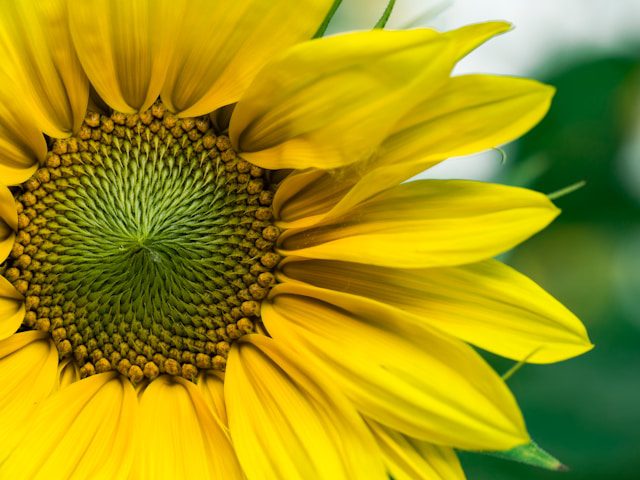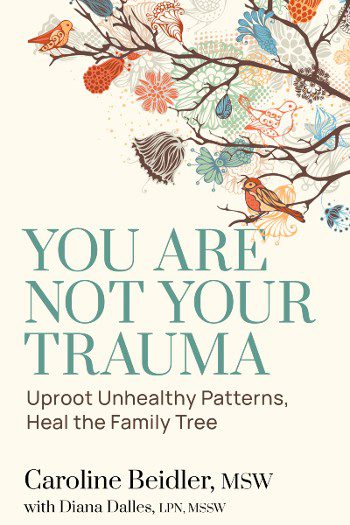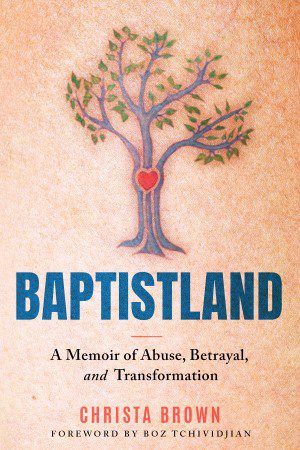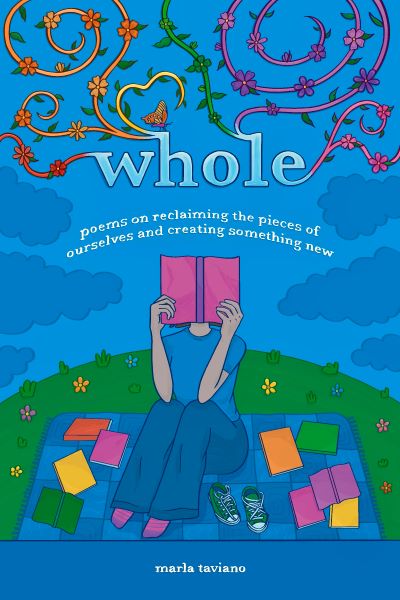Is prayer as simple as a sentence, as complicated as a curse? Pleas and genuflections, yes, but what about hugs and screams? What of its tone? Is prayer by nature positive, signaling a flicker of faith where perhaps none is thought to be? Then what about those times when prayer is a wail, a keening moan flecked with spit and blood that twists its way through an unresponsive cosmos toward an unresponsive God?
What of God’s response? If my unpracticed antennae cannot detect a reply, how do I build hope? How do I put an ear horn to the most remote canal of my psyche and listen for a greeting in a language I don’t speak? How in these silent, ticking moments can I feel heeded, wanted, loved?
What of love? Contemplating it, experiencing it, demonstrating it? When I consider love, do I step toward it tenderly, in awe of its wild nature? When I experience love, do I revel in the sensation? When I show love, do I allow my actions to speak what I cannot articulate and reveal what I cannot describe?
What then is prayer?
It is a conversation we carry on in questions.
You, dear reader, might assume that because I have written a book of prayers that I like to pray, or that I’m good at praying, or that prayer comes easily to me.
Alas, none of this is true.
I don’t enjoy praying. The chatty voices in my head tend to have one-sided conversations with a Renaissance-era mental picture of a gray-bearded man resting on a cloud, surrounded by fat-winged babies and laser-like sunbeams. I check off intentions like grocery list items.
I ask for the general concepts I think I should request (strength, patience, world peace) rather than the specific outcomes I want to demand (health cures, jobs, lottery winnings). This is because somewhere along the way I got the notion that (a) you could express only lofty ideas in prayer and (b) others would judge me for attempting otherwise. As a result, my brain declares one thing, my heart mutters another, and this creates a din not even a saint could shout over.
But does not enjoying prayer mean I am bad at it?
I think the truth is more that I lack a regular, concentrated presence. I am too goal-oriented, too driven by human words in a space and practice that exists beyond benchmarks, beyond language. To relinquish these parameters is to release my puny mind and forgive my even punier capabilities. As Fr. Richard Rohr, teacher and founder of the Center for Action and Contemplation, put it, “Our focus eventually moves from preoccupation with perfect actions of any type, to naked presence itself. The historical word for presence is simply ‘prayer.’ Jesus often called it ‘vigilance,’ ‘seeing,’ or ‘being awake.’ When you are fully present, you will know what you need to know in that moment.”
Presence is prayer. Simple concept, but not an easy act, because God is not easy.
As with any relationship, prayer requires commitment, attentiveness, and practice to exist from our steady hearts instead of our racing brains. But instead of wasting energy beating ourselves up over our all-too-human struggles, let’s start small. Inhale. Exhale. Recall what good times feel like. Brew a cup of tea. Ask God to sit down. See what happens.
Adapted with permission from Amen? Questions for a God I Hope Exists by Julia Rocchi.

Julia Rocchi writes prose, poetry, prayers, and a lot of thank-you notes. With an MA in Writing from Johns Hopkins University, she has garnered multiple story publications and honors, including First Place in the Saturday Evening Post’s Great American Fiction Contest. Julia also works in nonprofit marketing, facilitates gatherings, and performs improv comedy. As an ENFJ, Enneagram 2, and Cancer sign, she’s never met a personality indicator she disagreed with. Julia lives in Arlington, Virginia, with her family. Visit juliarocchi.com to follow her blog or follow her on social media.
Photo of flower by Aaron Burden on Unsplash.






